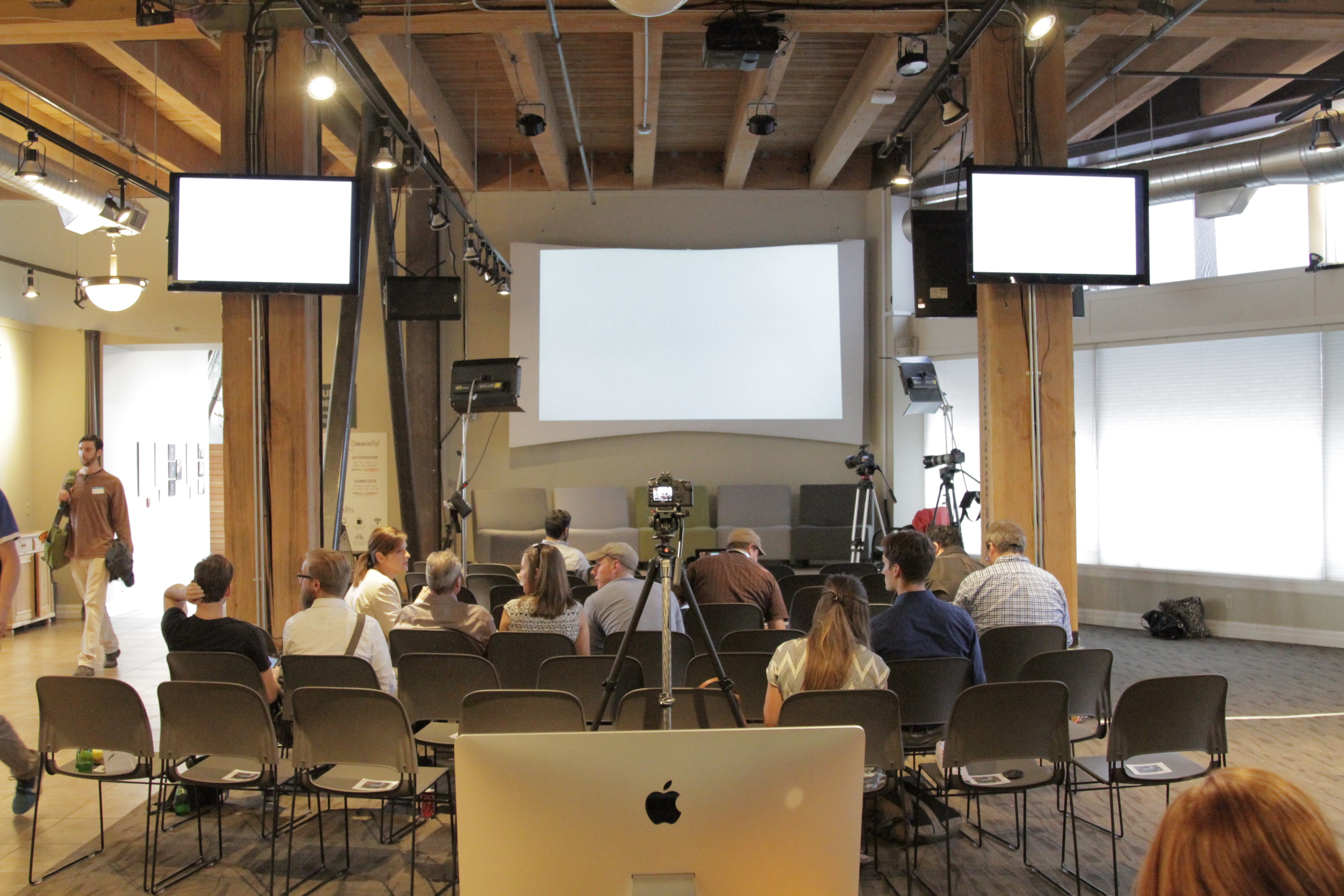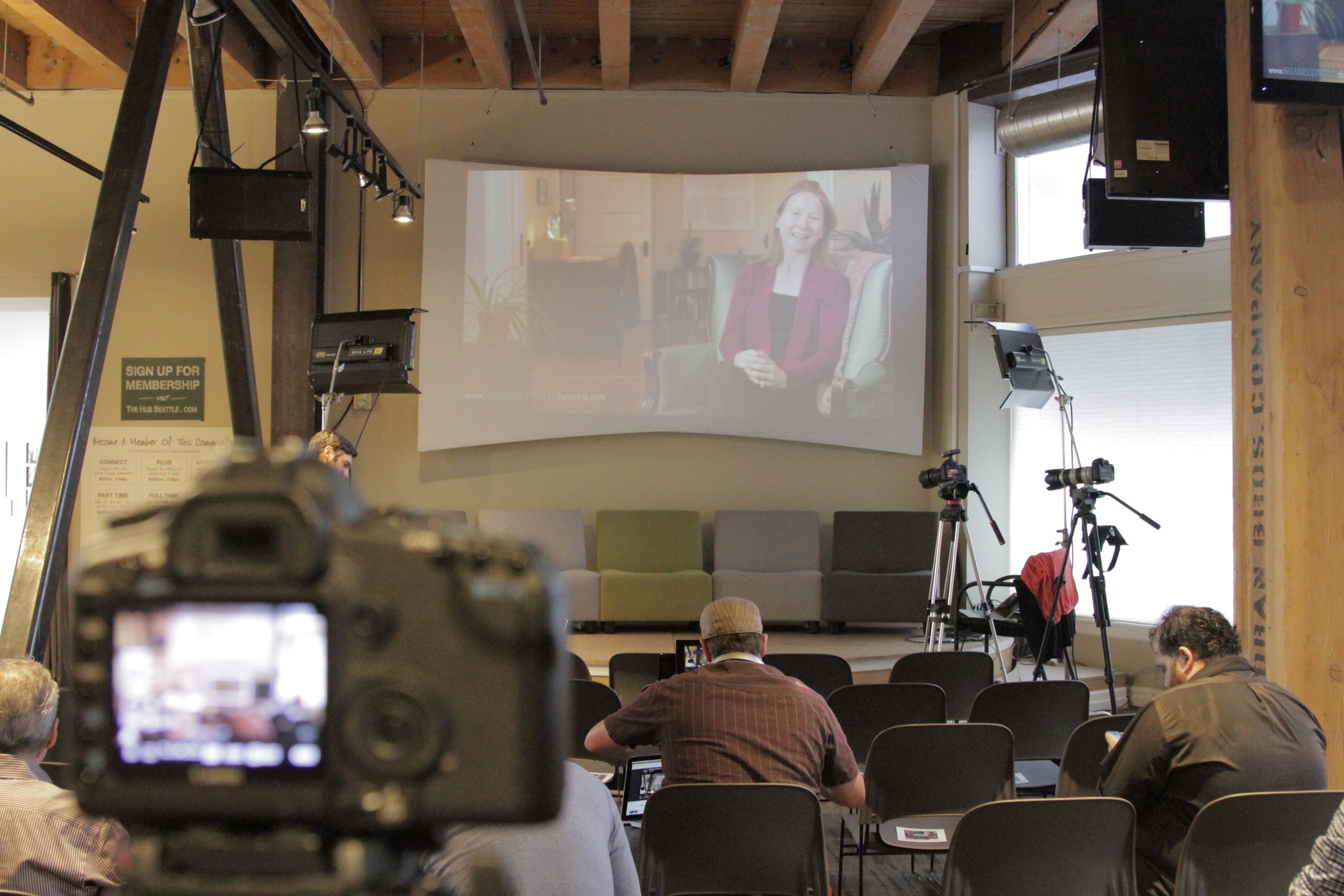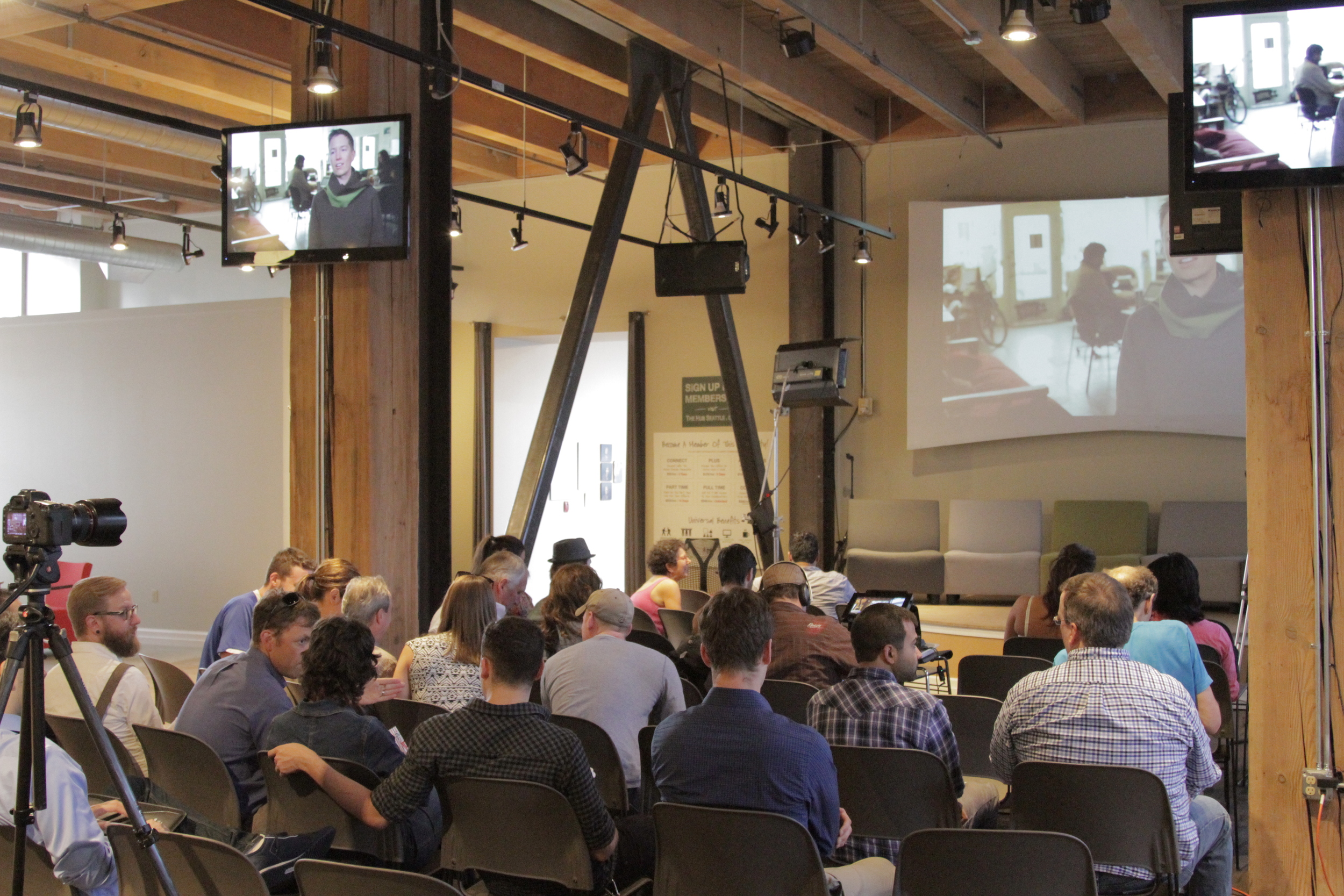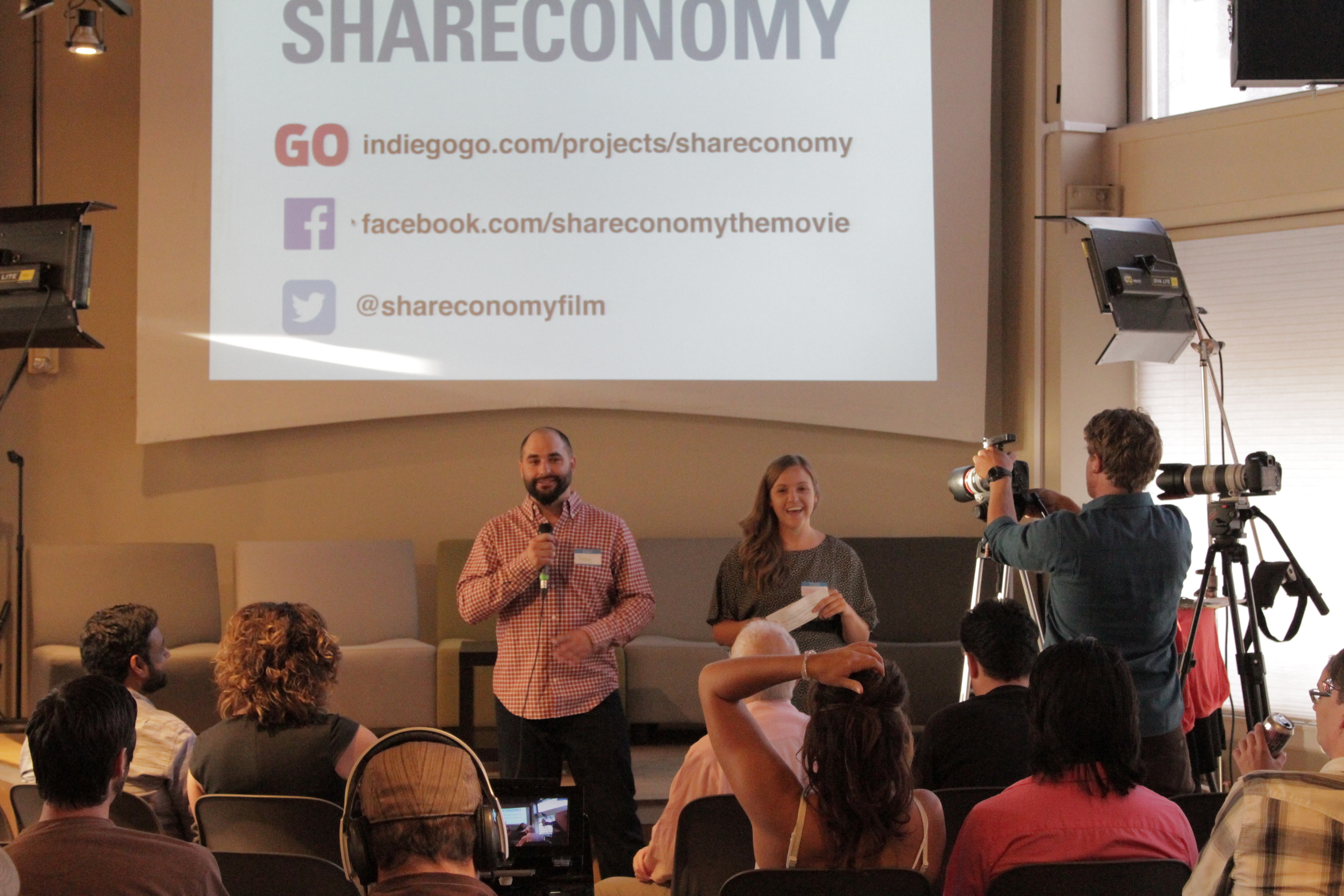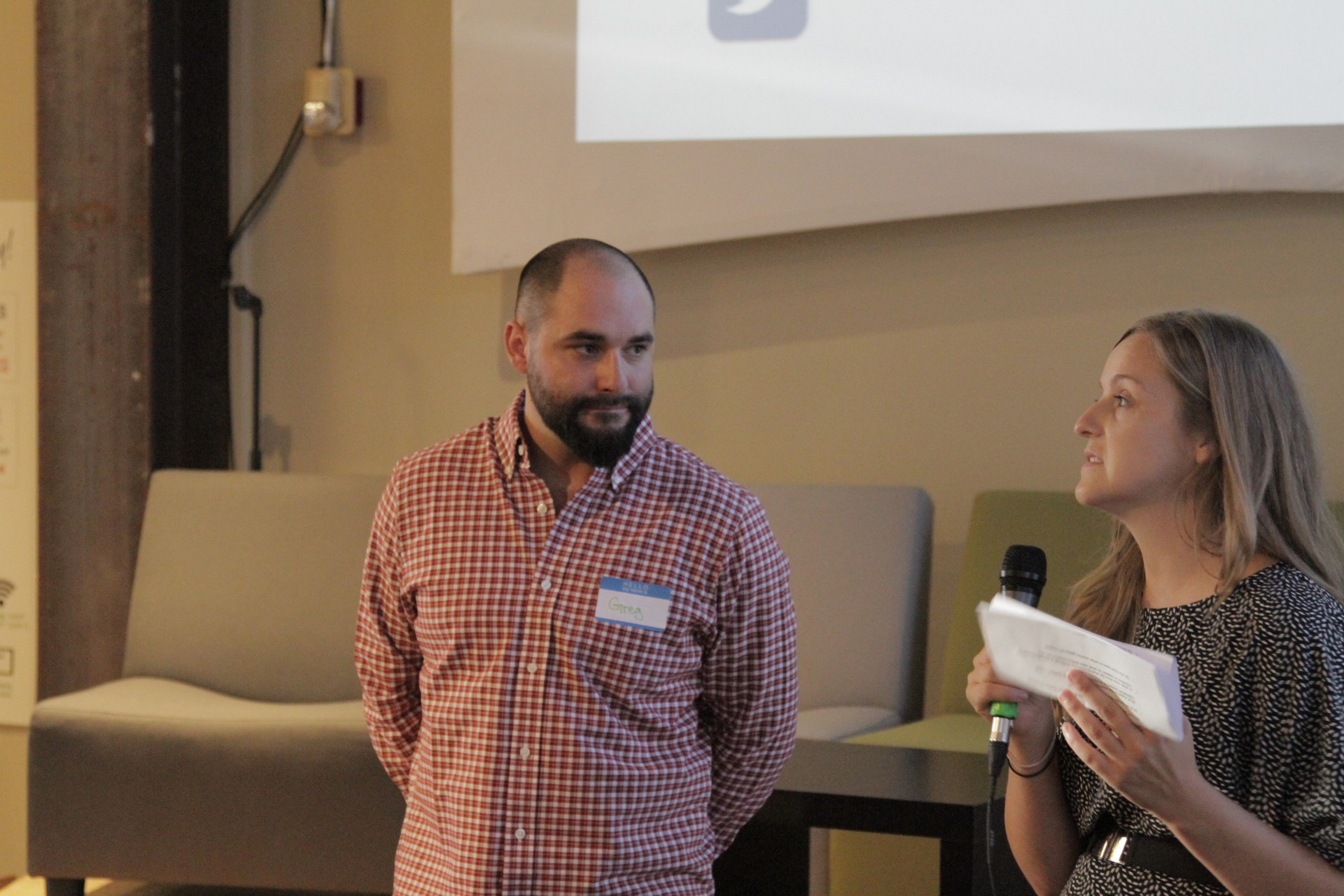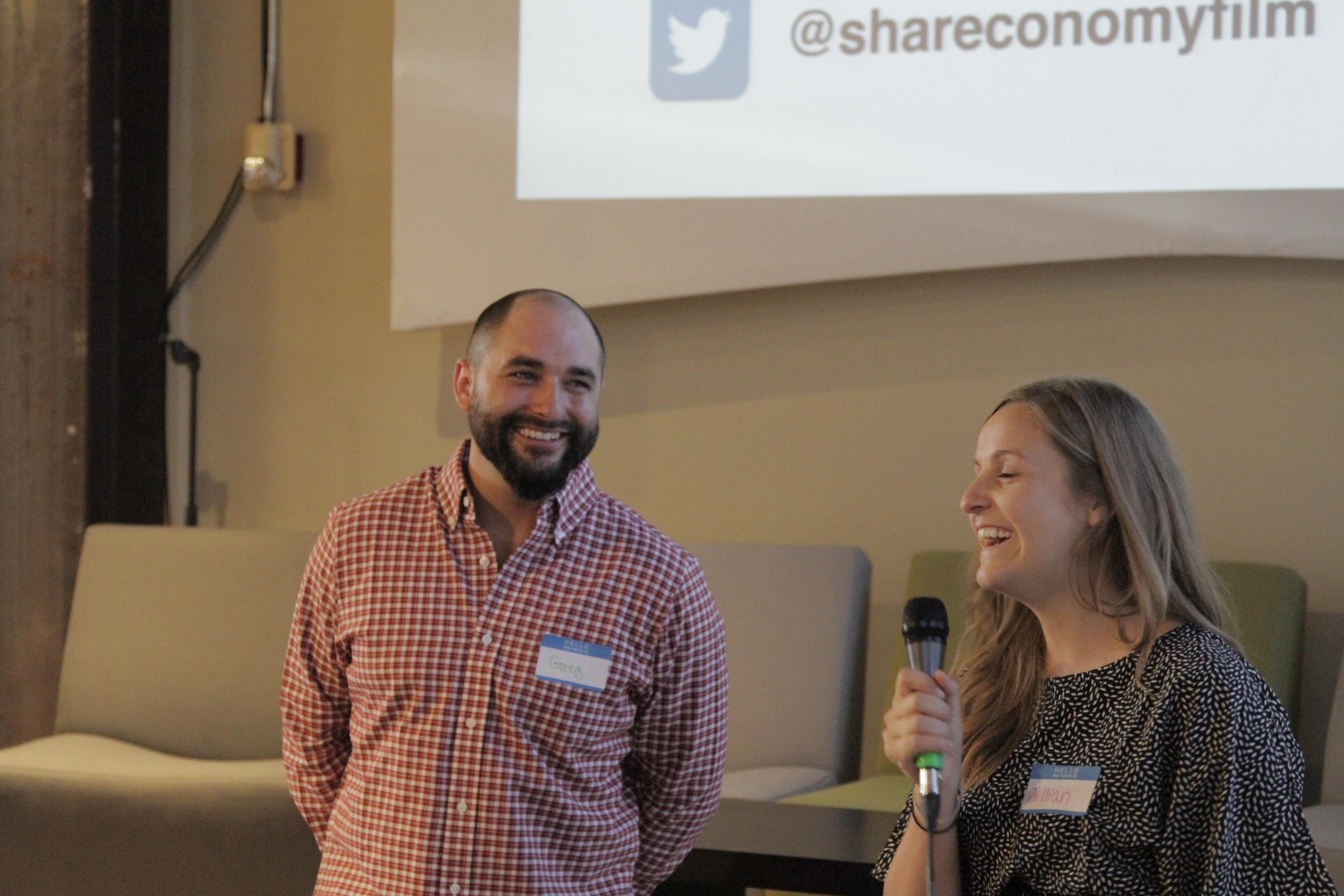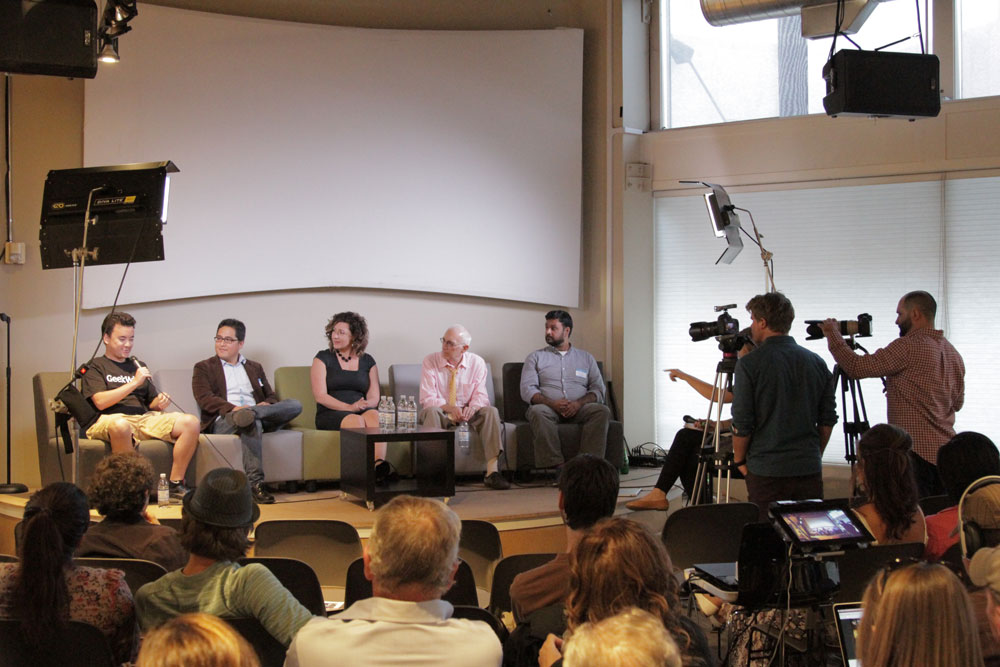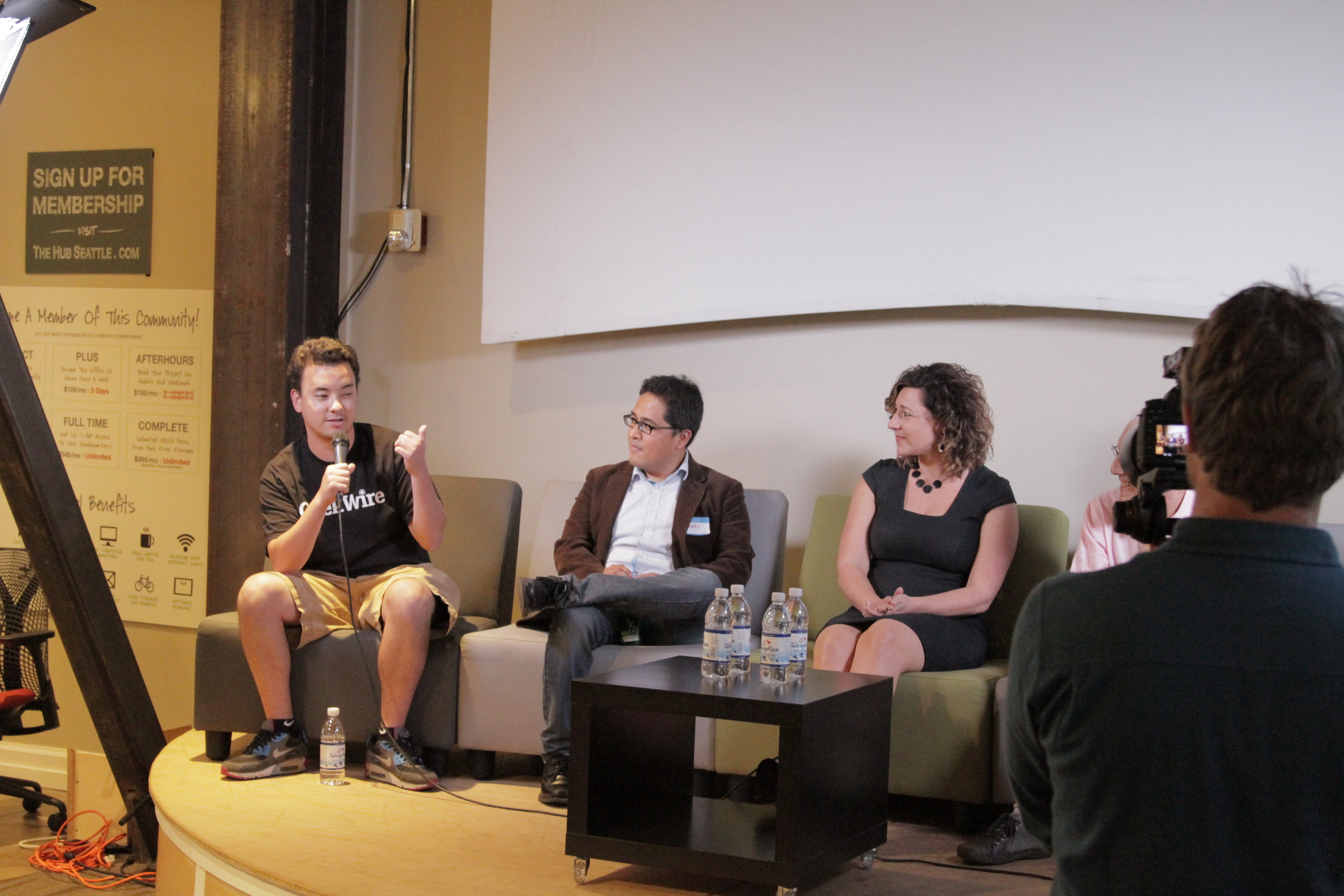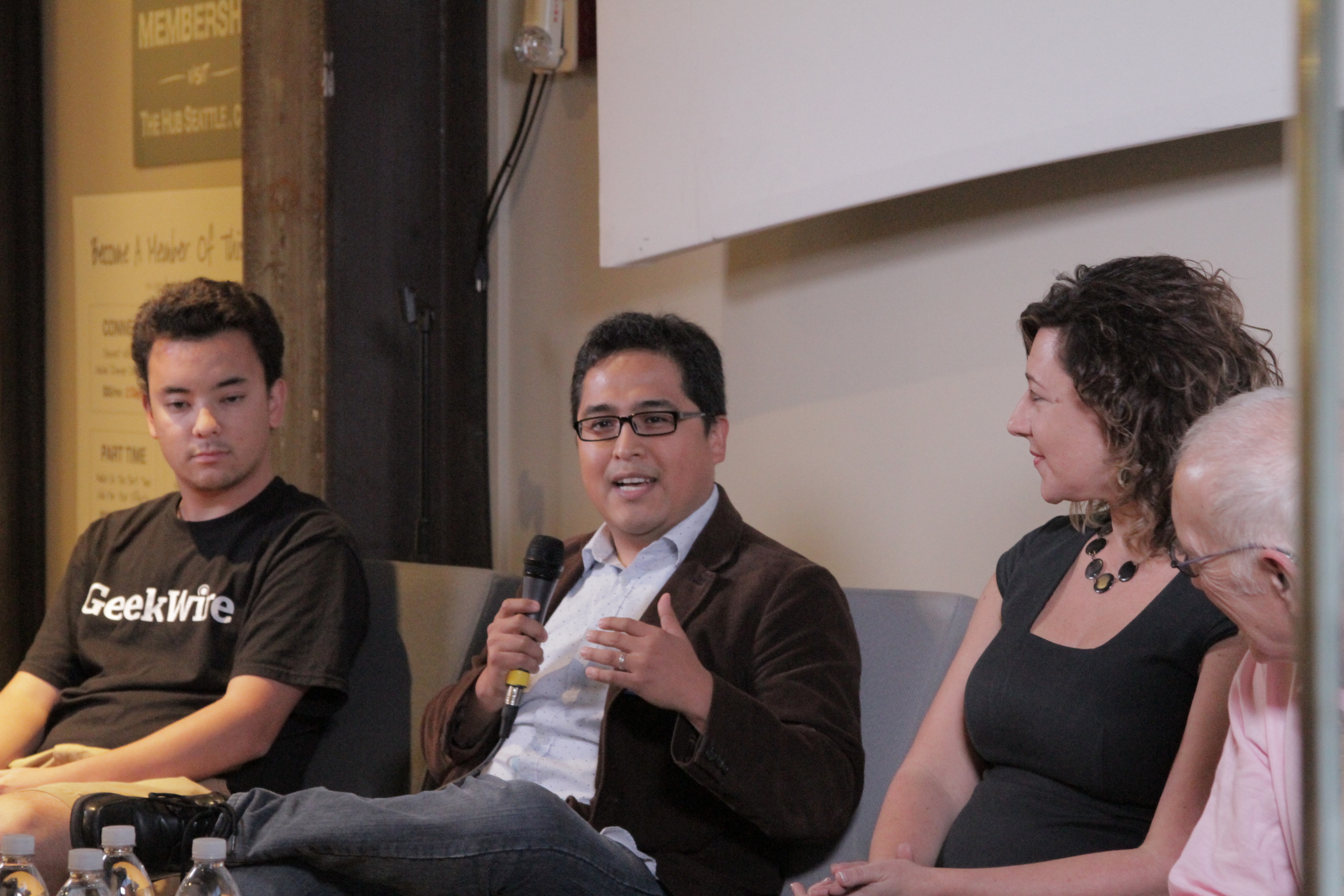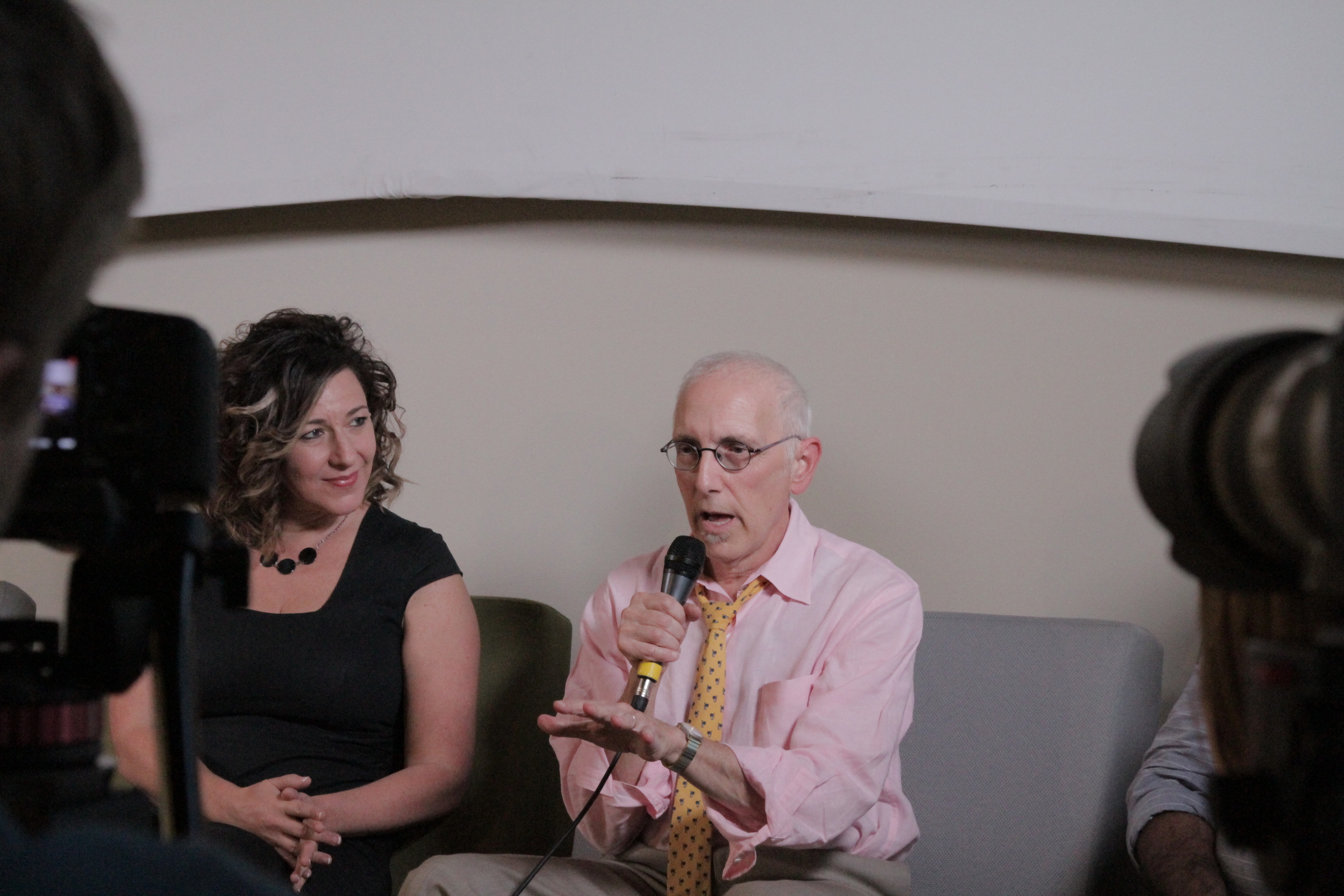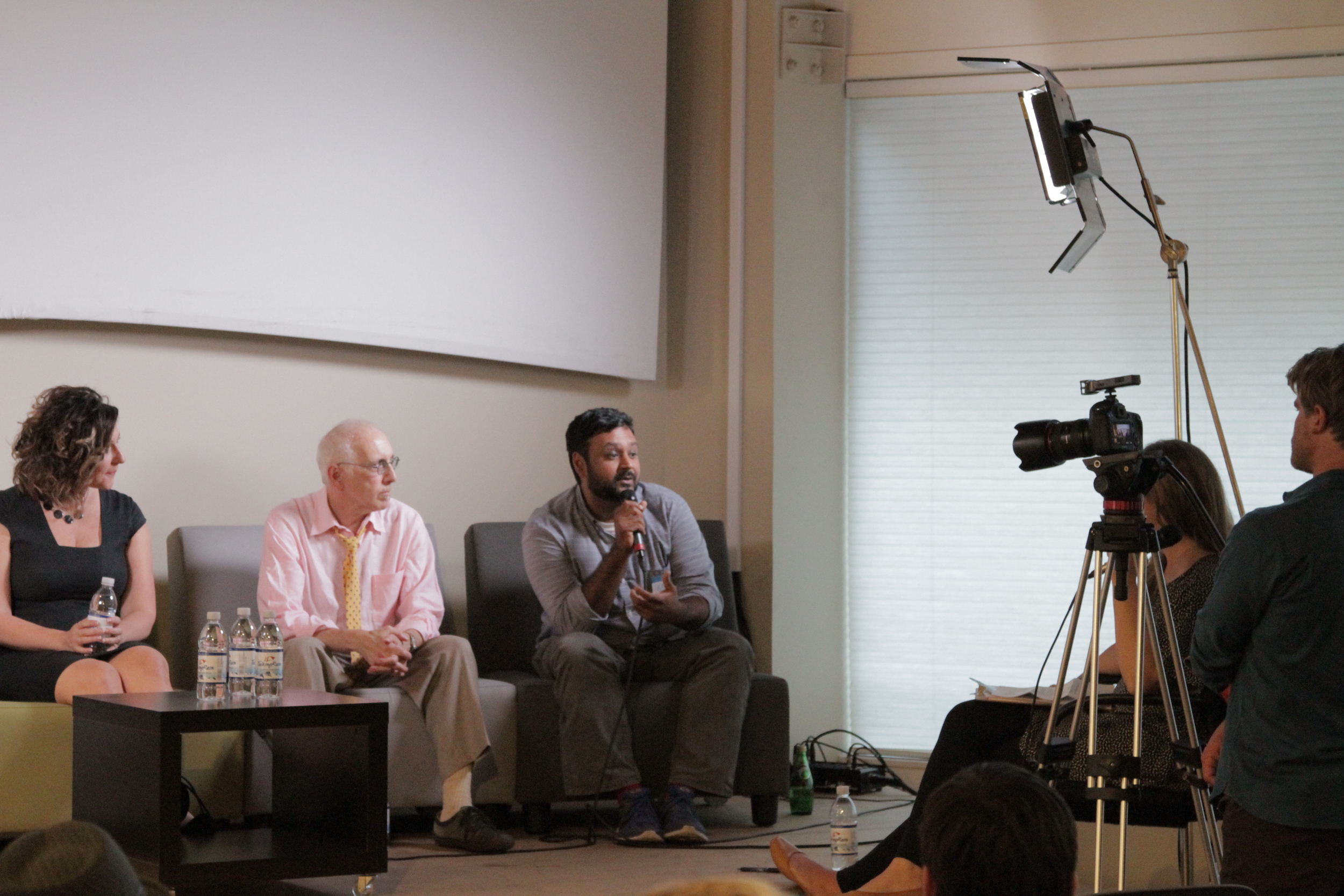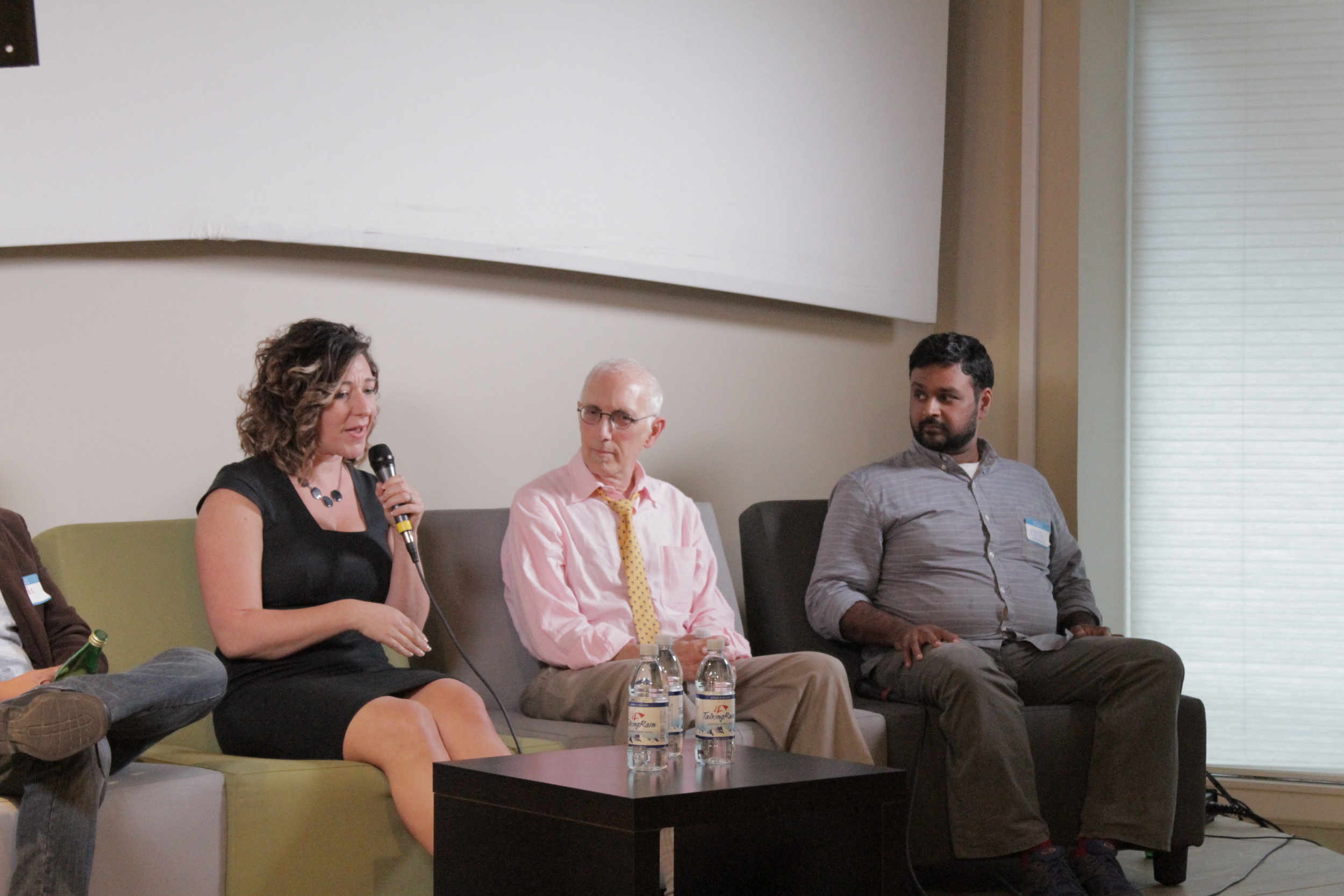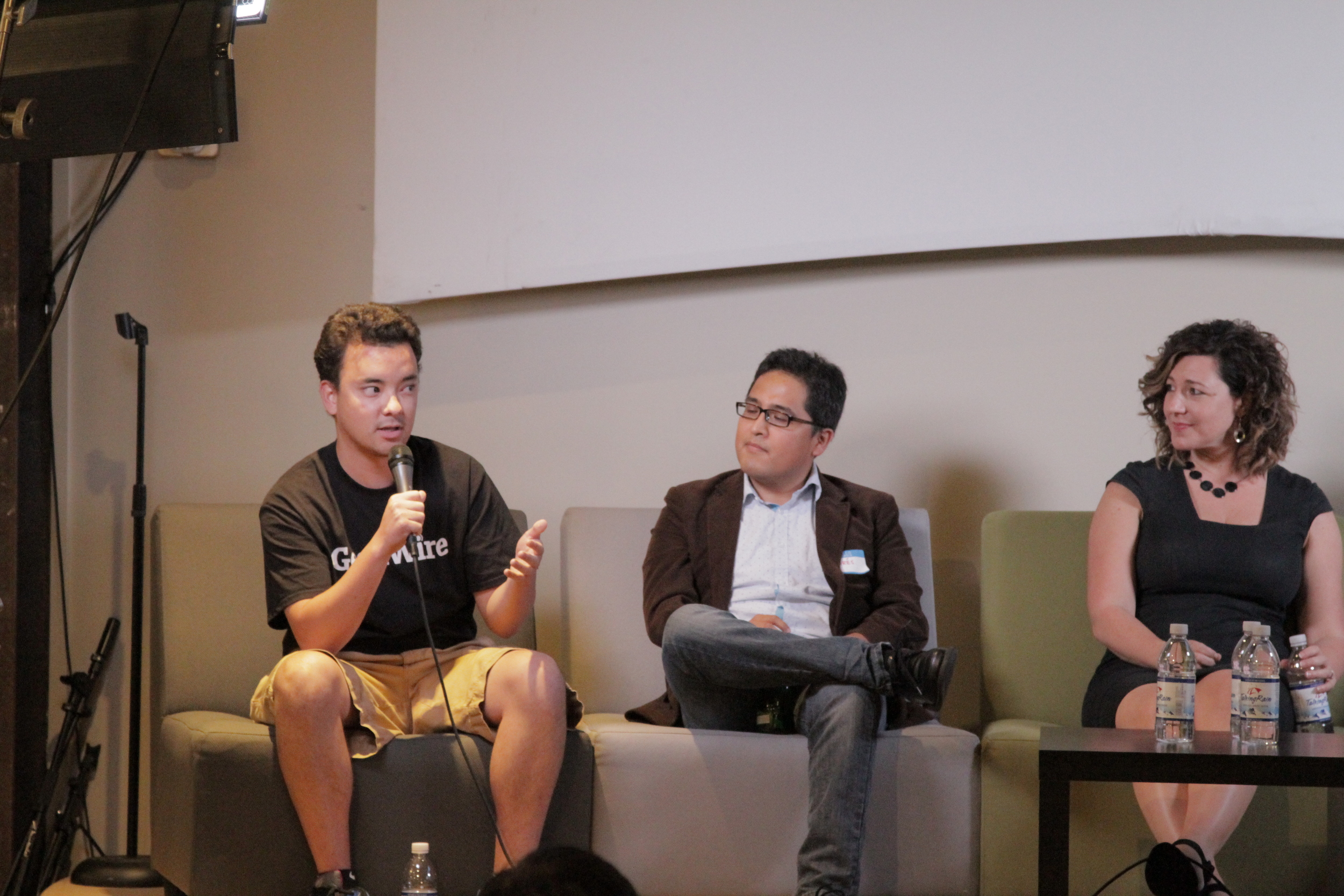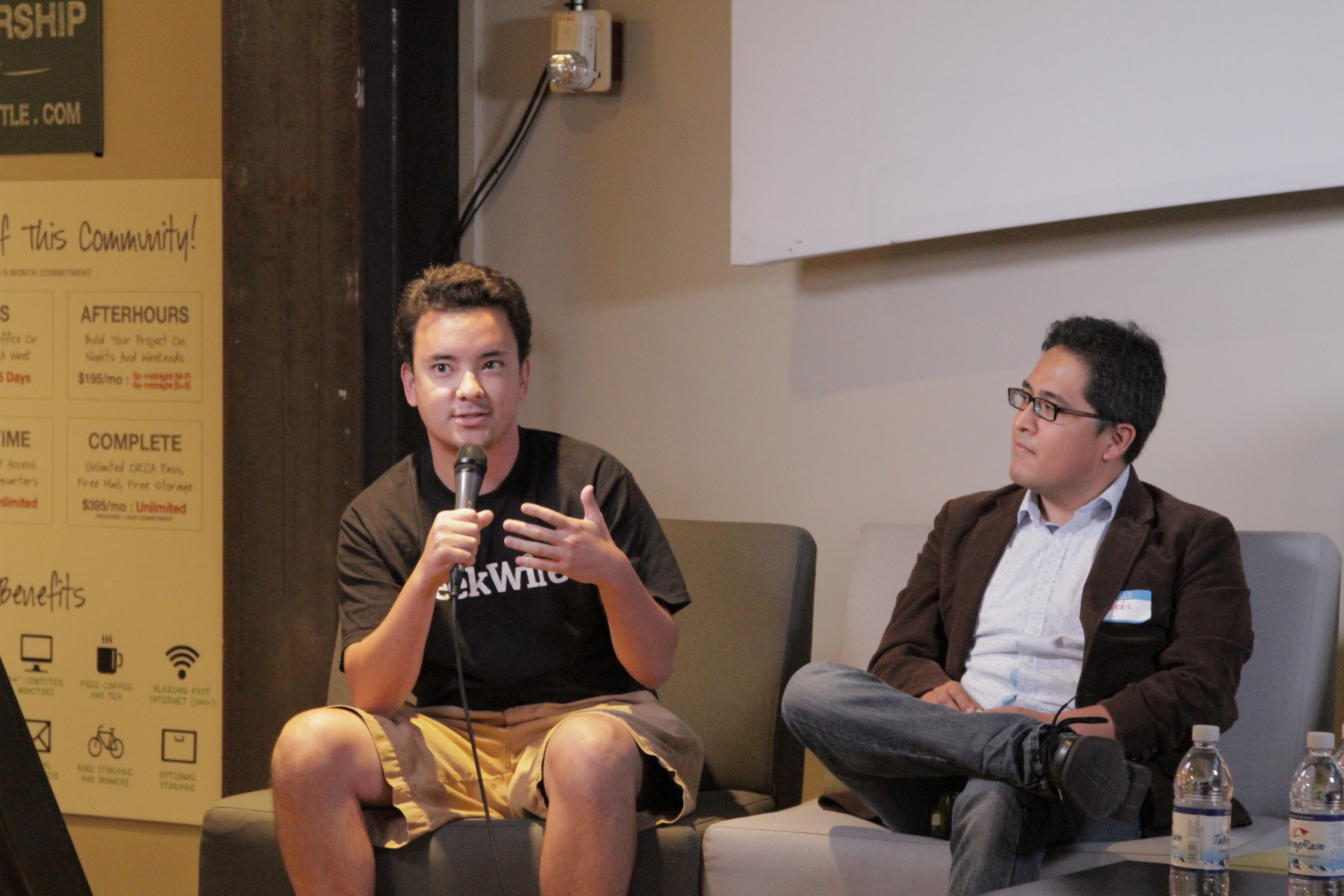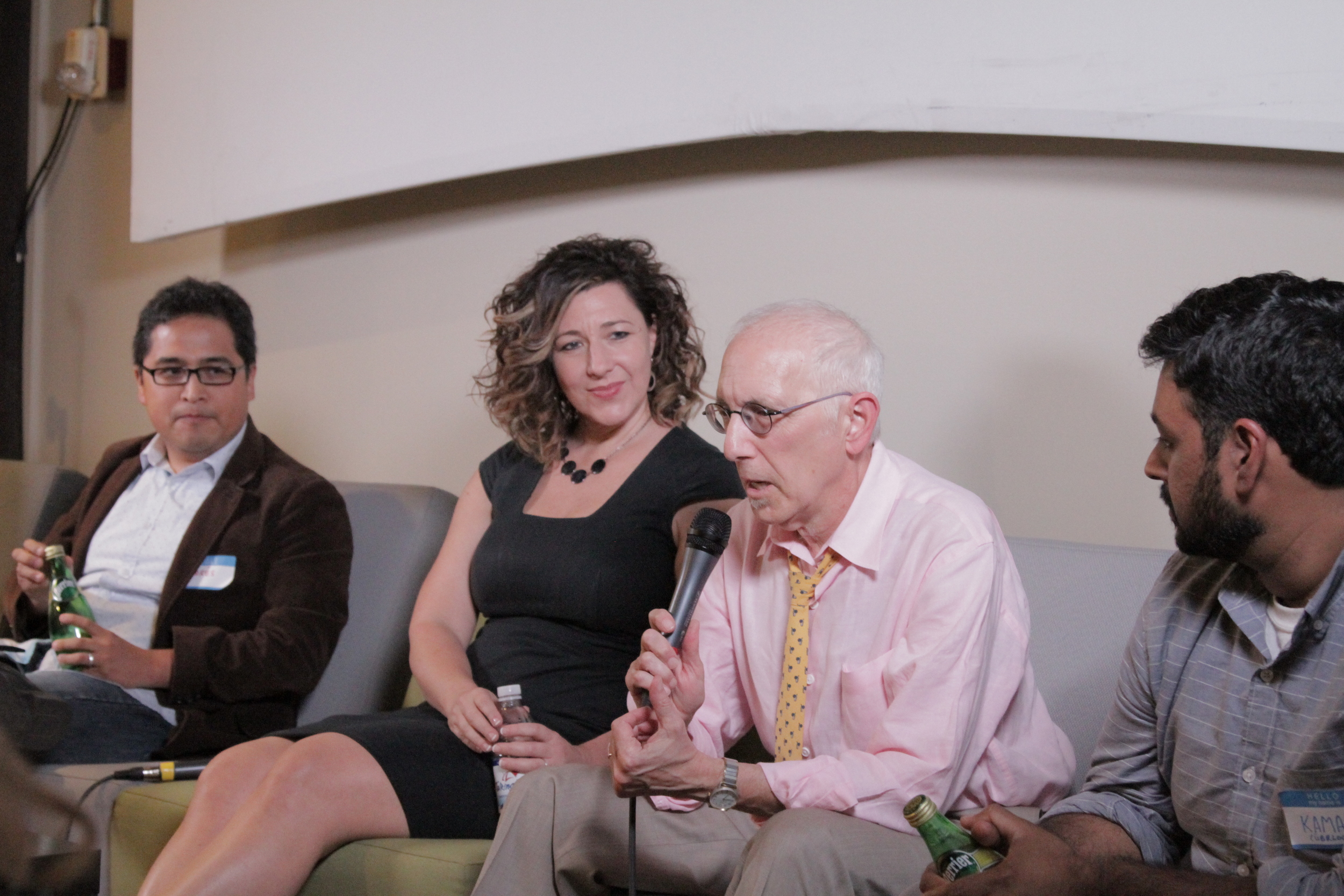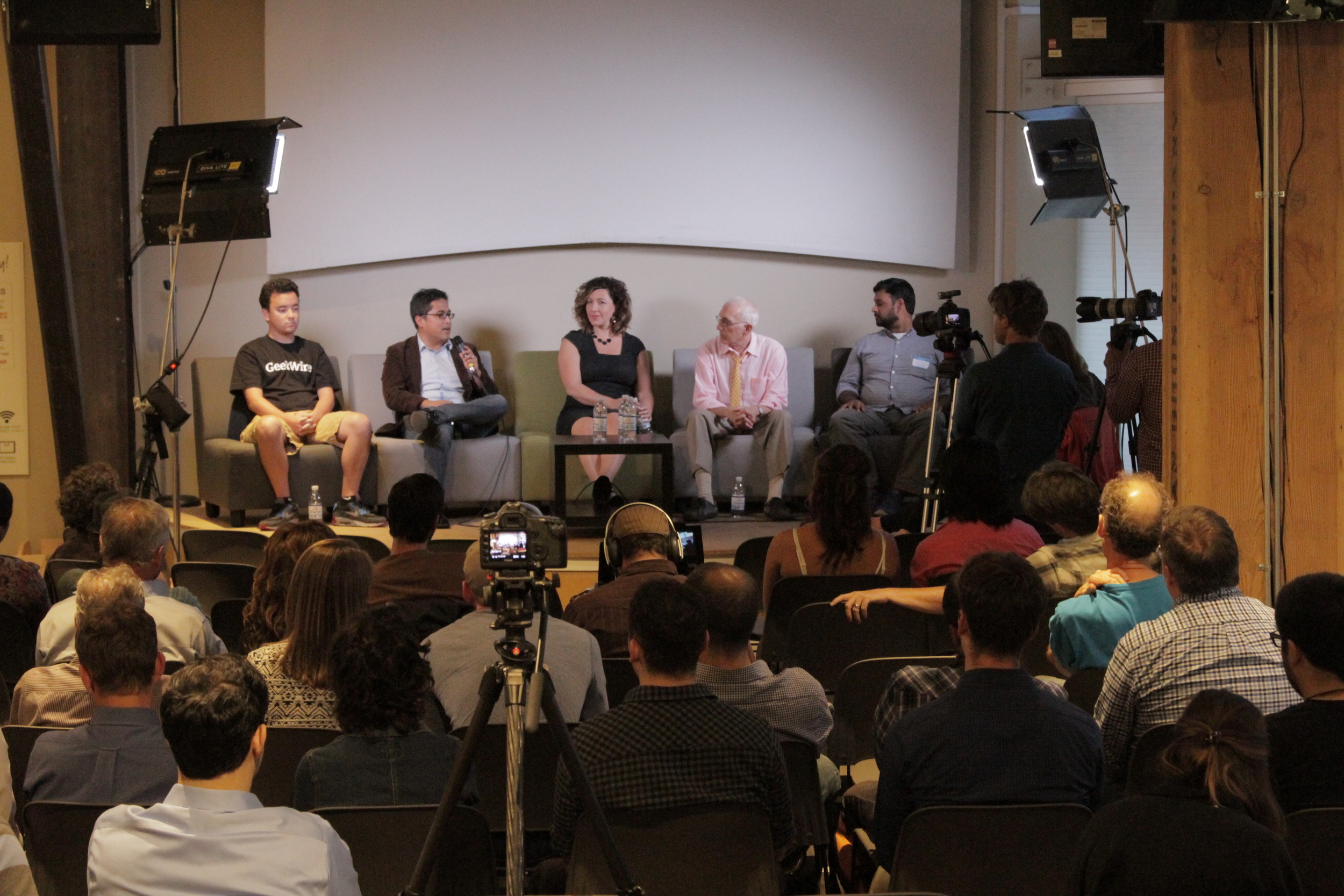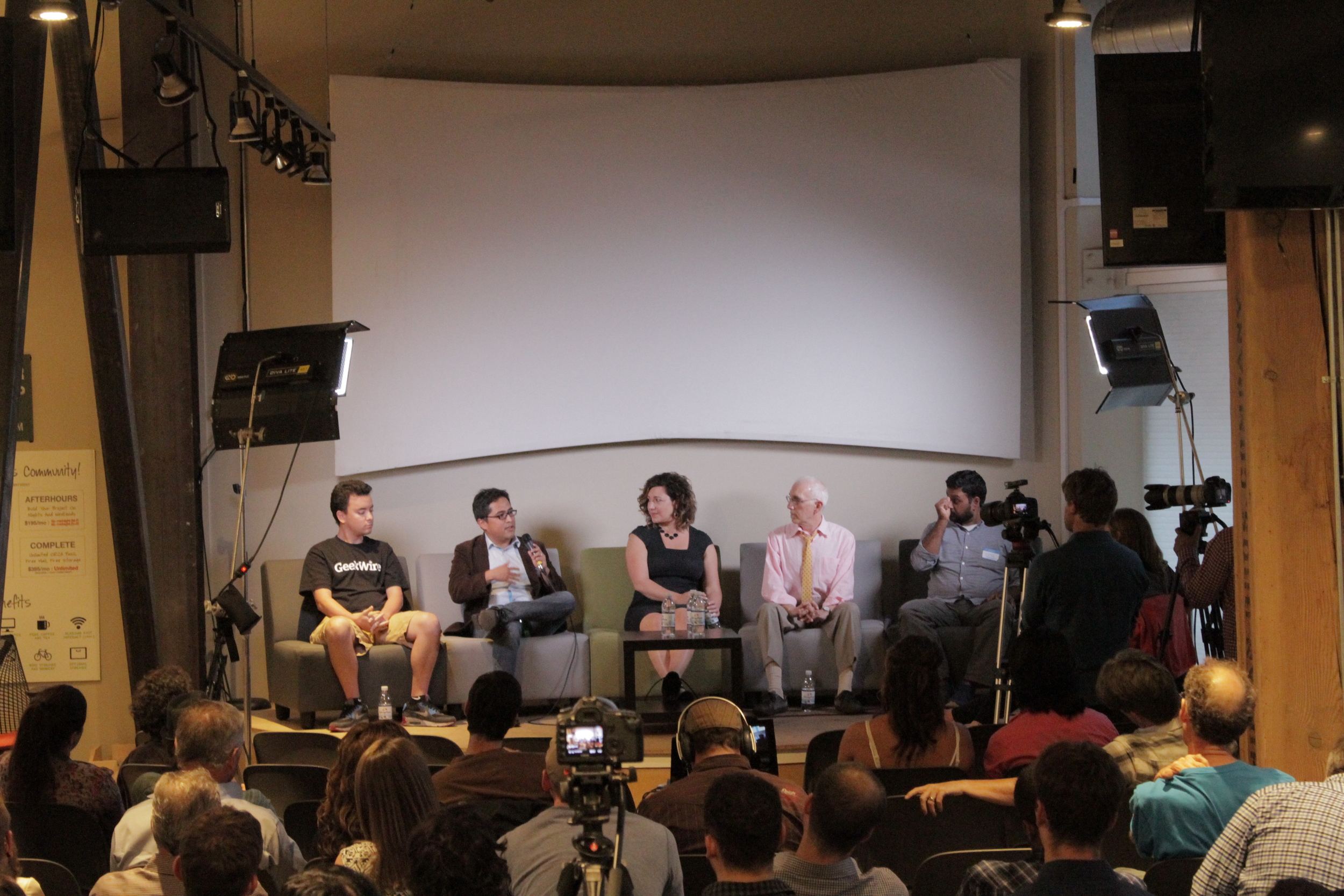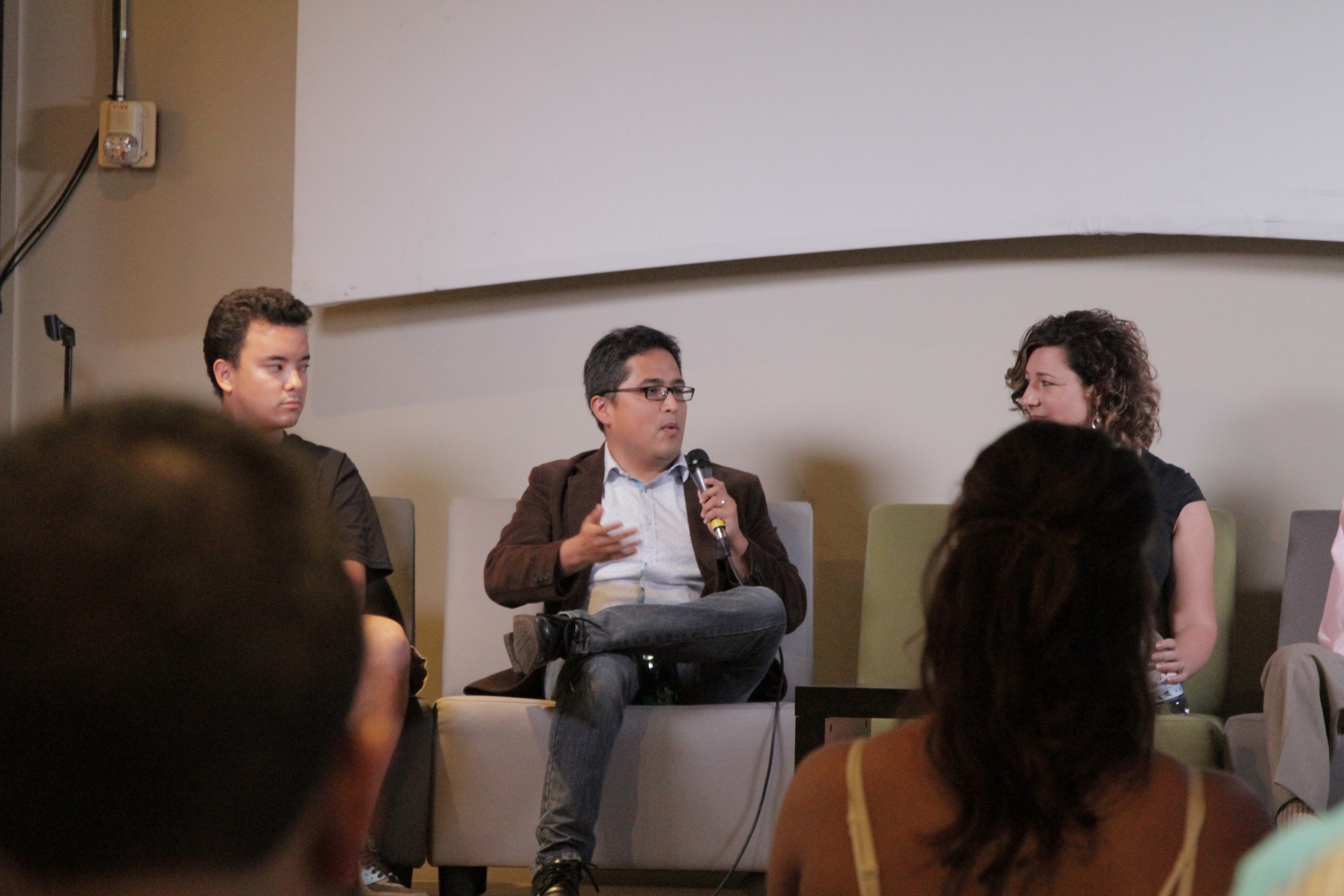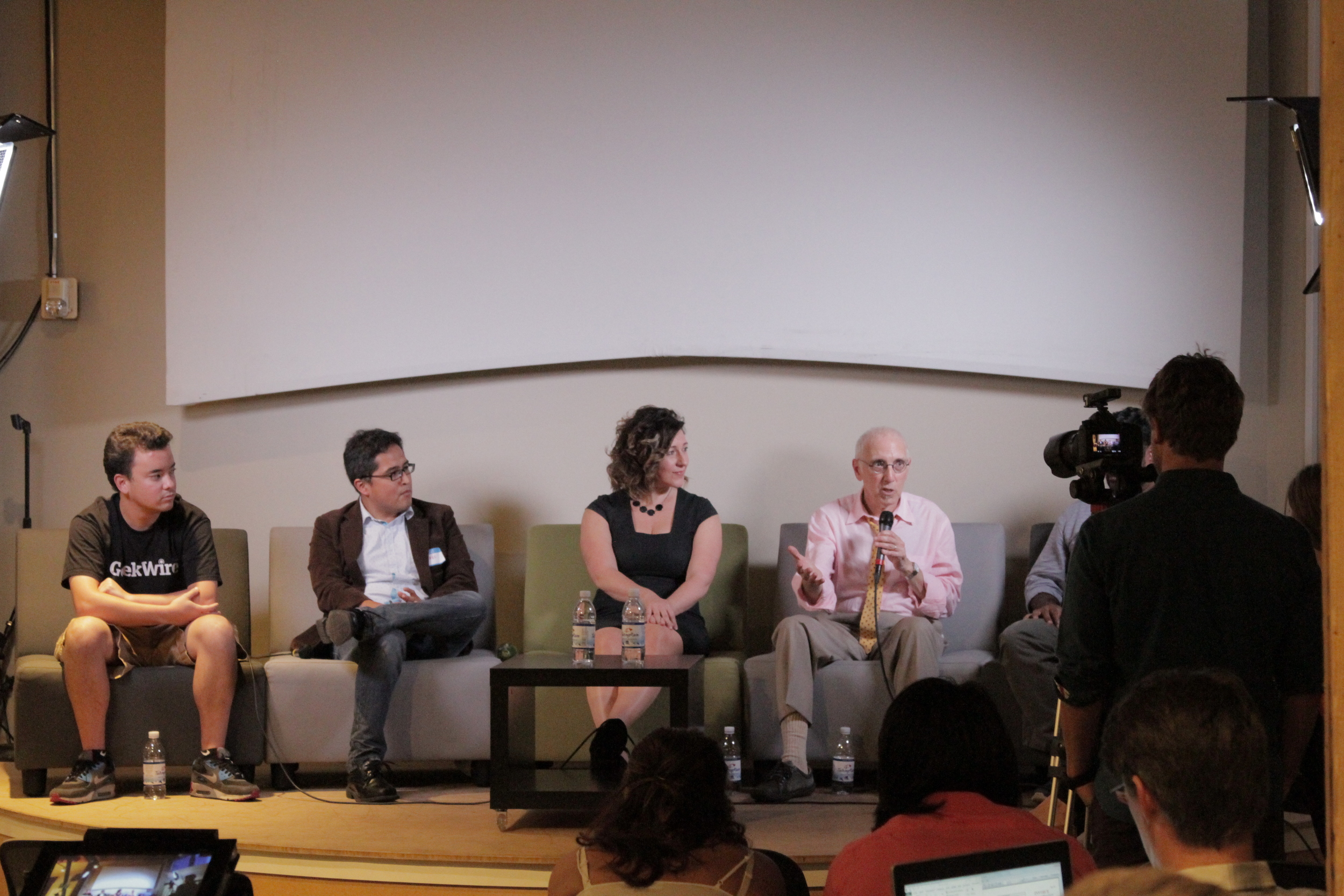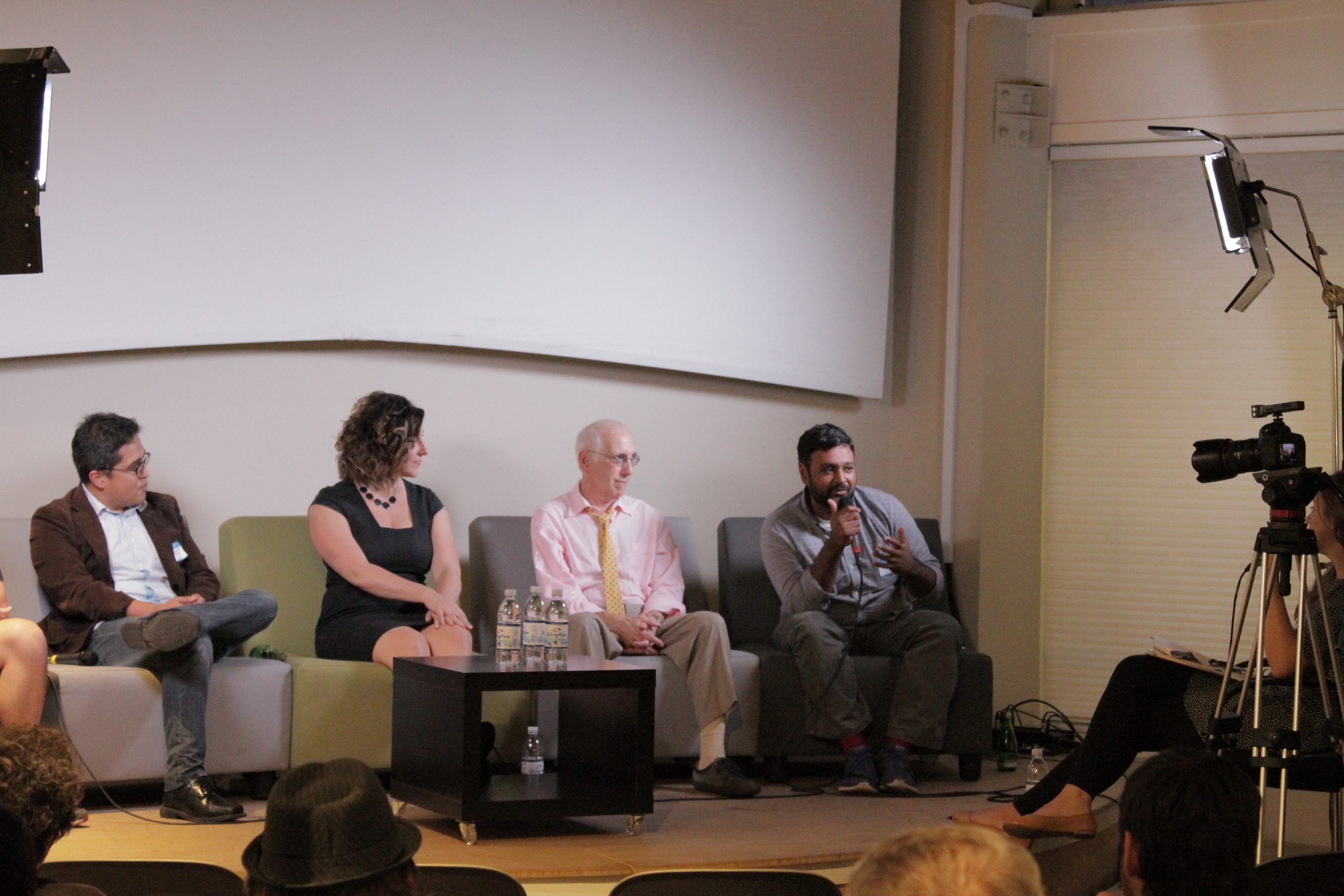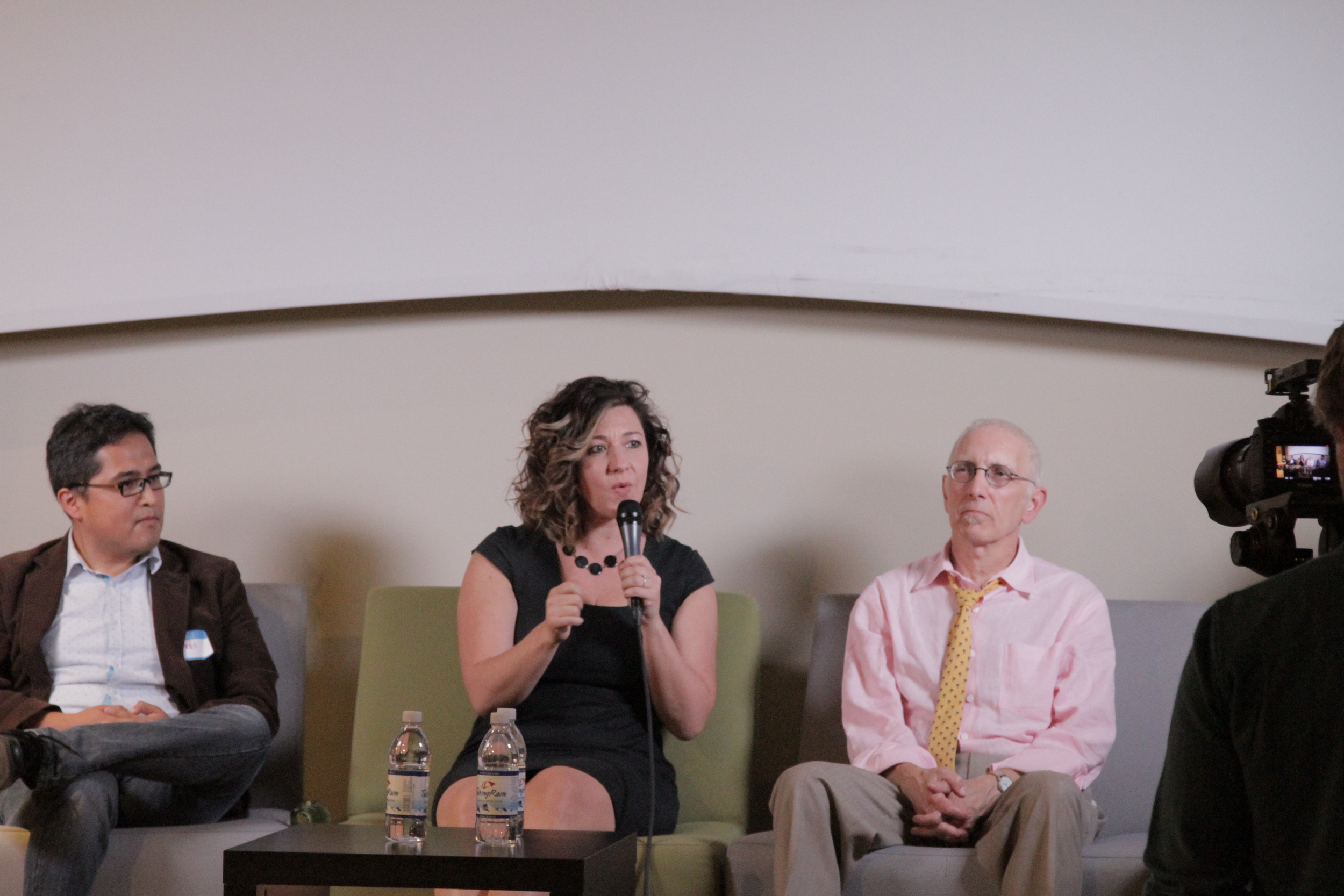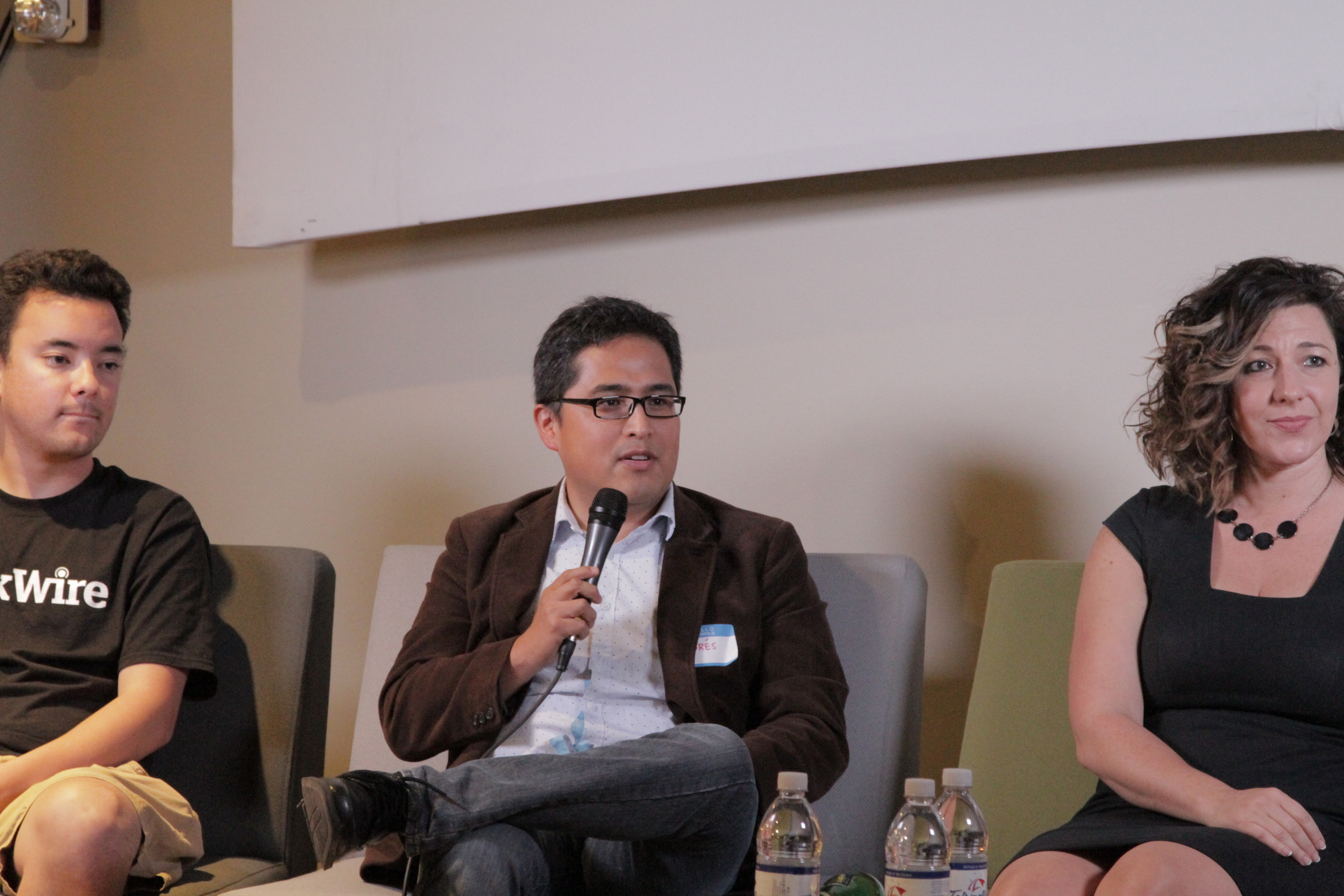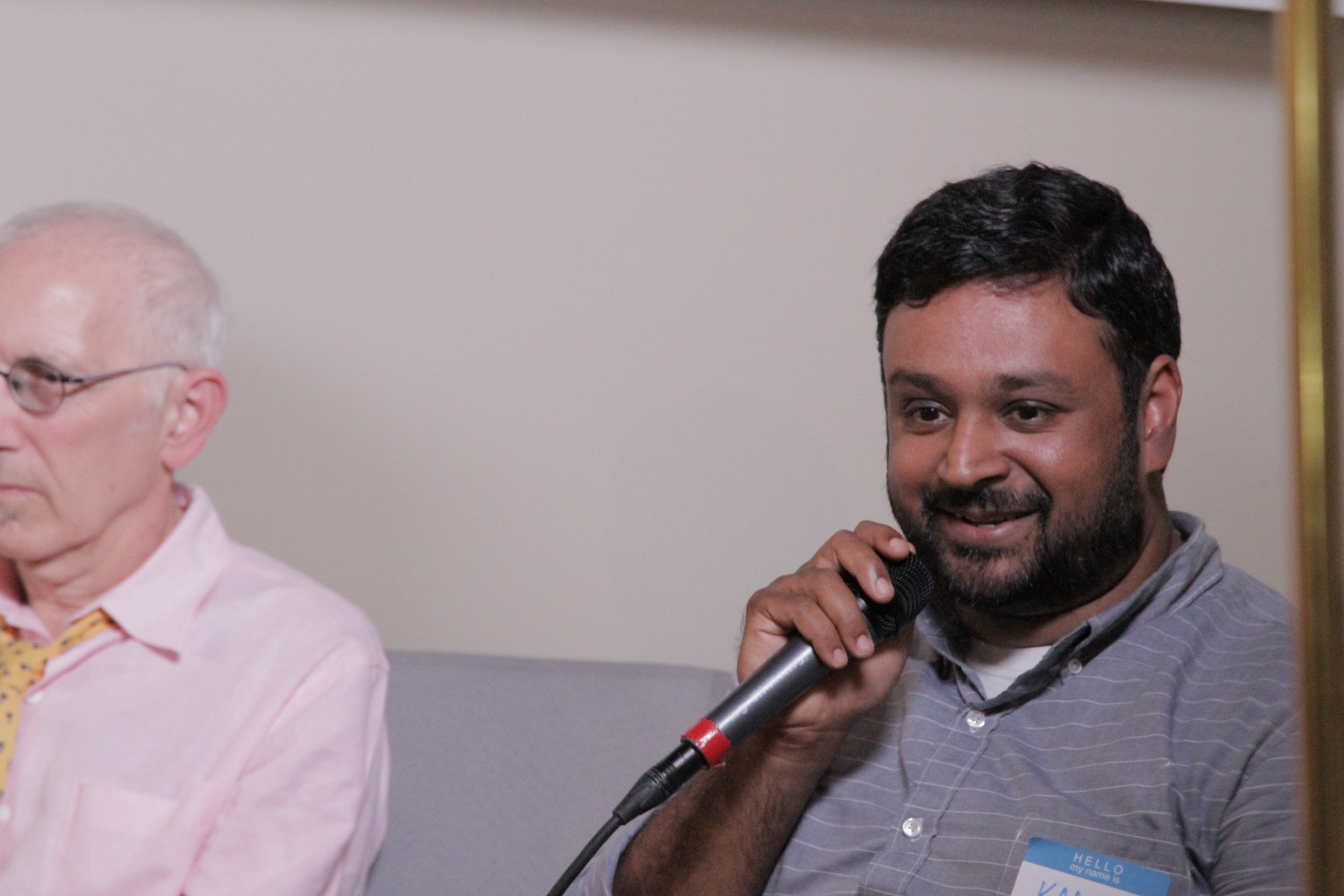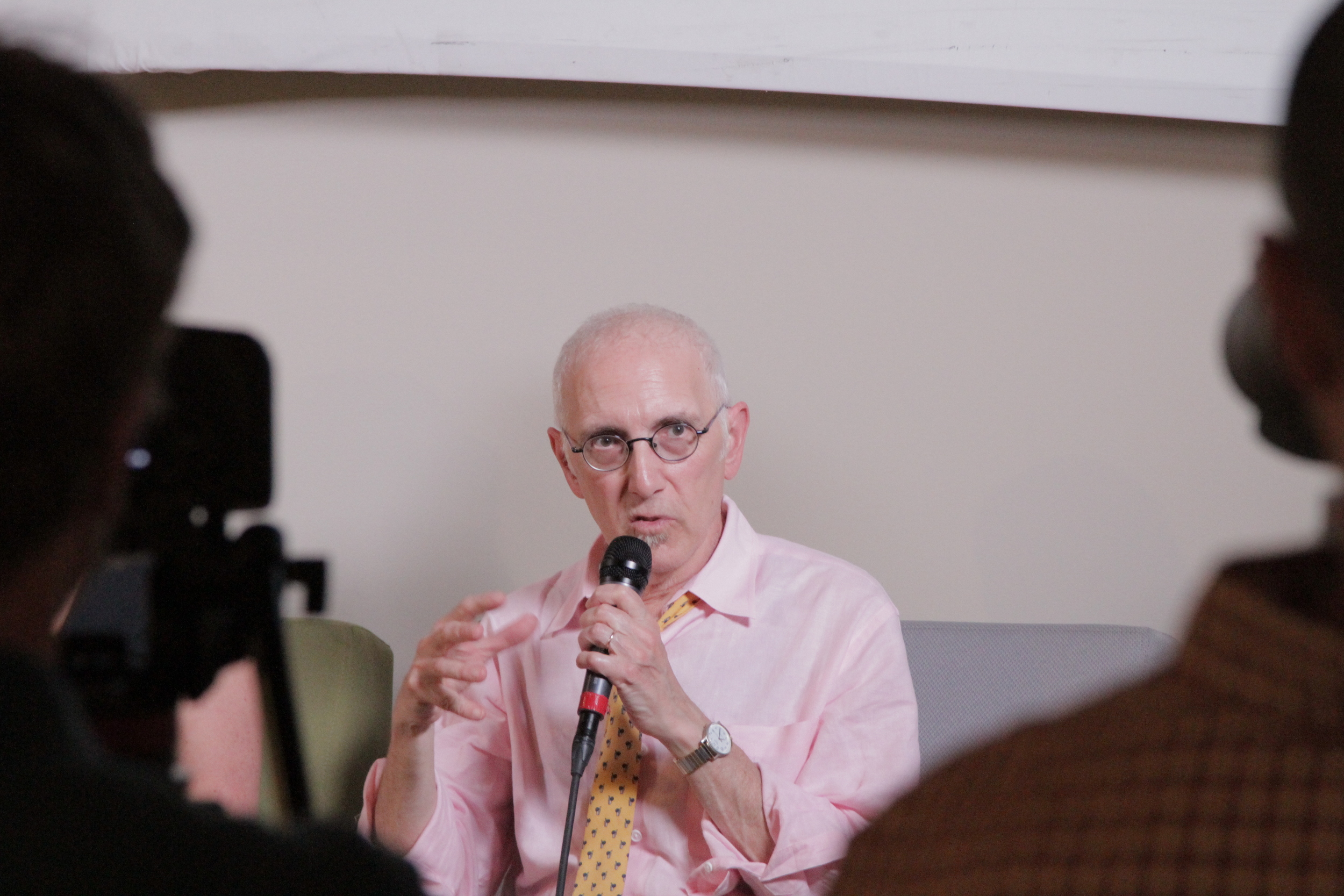Lyft has expanded to 60 US cities and had hoped make it 61 with the addition of New York City last Friday. However, NYC has declared Lyft an "unauthorized service" and threatened legal consequences if the ride-share app launched. Lyft held off as long as they could before announcing they would work with the Taxi and Limousine Commission:
"Today we agreed in New York State Supreme Court to put off the launch of Lyft's peer-to-peer model in New York City and we will not proceed with this model unless it complies with New York City Taxi and Limousine regulations. We will meet with the TLC beginning Monday to work on a new version of Lyft that is fully-licensed by the TLC, and we will launch immediately upon the TLC's approval."
Lyft assured the public that there was no TRO (temporary restraining order) or injunction, but that everyone agreed to meet Monday if Lyft held off on their launch. Wall Street Journal reports that the decision was less nonchalant than Lyft lets on. They state that familiar face, New York Attorney General Eric. T, Schneiderman (from the Airbnb's subpoena in NYC earlier this year) and plaintiff Benjamin Lawsky, filed court papers on Lyft's original launch date in order to stop the company from operating in the state.
"Lyft's arguments are a disingenuous attempt to disguise old-fashioned lawbreaking that jeopardizes public safety," Messrs. Schneiderman and Lawsky said in a news release. Schneiderman is no new face to opposition of the shared economy and knows that NYC will set a standard for other cities worldwide.
Lyft's competition Uber, managed to get licensed in NYC after initially launching without the TLC's approval. Some have speculated that this was because Uber had recently hired Ashwini Chhabra, the then TLC deputy commissioner for policy and planning. Many within the taxi industry find this to be very suspicious:
"About 4-5 weeks ago, [we] ... accused Ashwini of working for Uber presently and in the past," Evgeny Freidman, who owns one of the largest taxi fleets in New York, wrote to TLC Commissioner Meera Joshi shortly after Chhabra's hire, according to the New York Observer. "I would insist as a major stake holder in this industry that the TLC open a [Department of Investigation] investigation into this matter."
However, several industry experts believe that Chhabra's hiring had nothing to do with Uber's licensing but rather that Uber agreed to play by the TLC's rules, which up until now, Lyft has refused to do. Uber has embraced regulations and operates only with city-licensed vehicles. TLC spokesman, Russell Murphy states:
"From our perspective, … Lyft is unique from Uber in a larger sense because they’re not following TLC regulations. Uber, at least from what the TLC says and what Uber says, is following all the regulations,"
So yet another legal battle to watch in the sharing economy. Let us know what you think, will NYC grant Lyft a license? Or use them to set an example for other "unauthorized services"? To read more check out the Business Insider article on Why NYC's Lyft Crackdown Probably Isn't Linked To Uber and Wall Street Journal's coverage of Friday's decision.






















